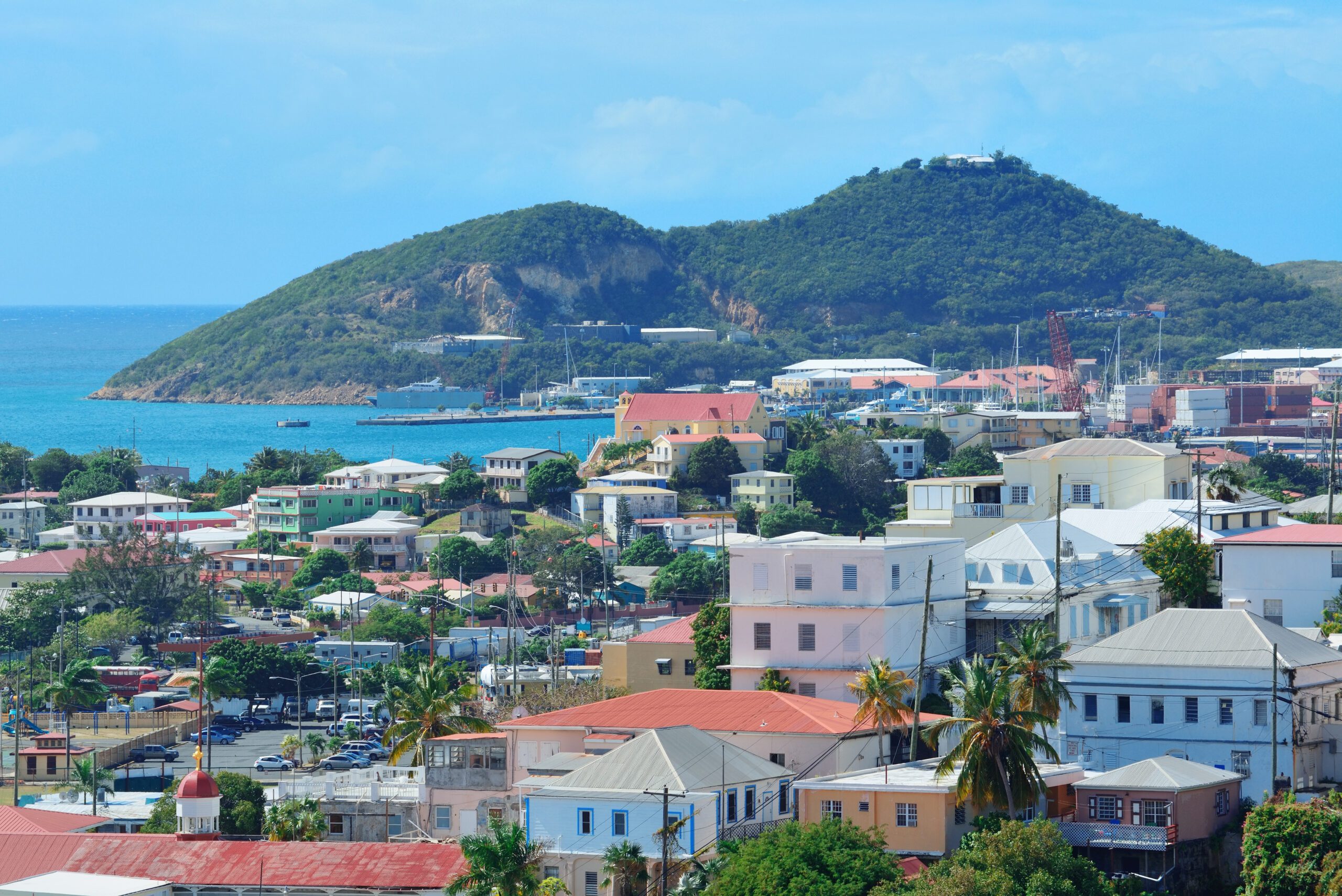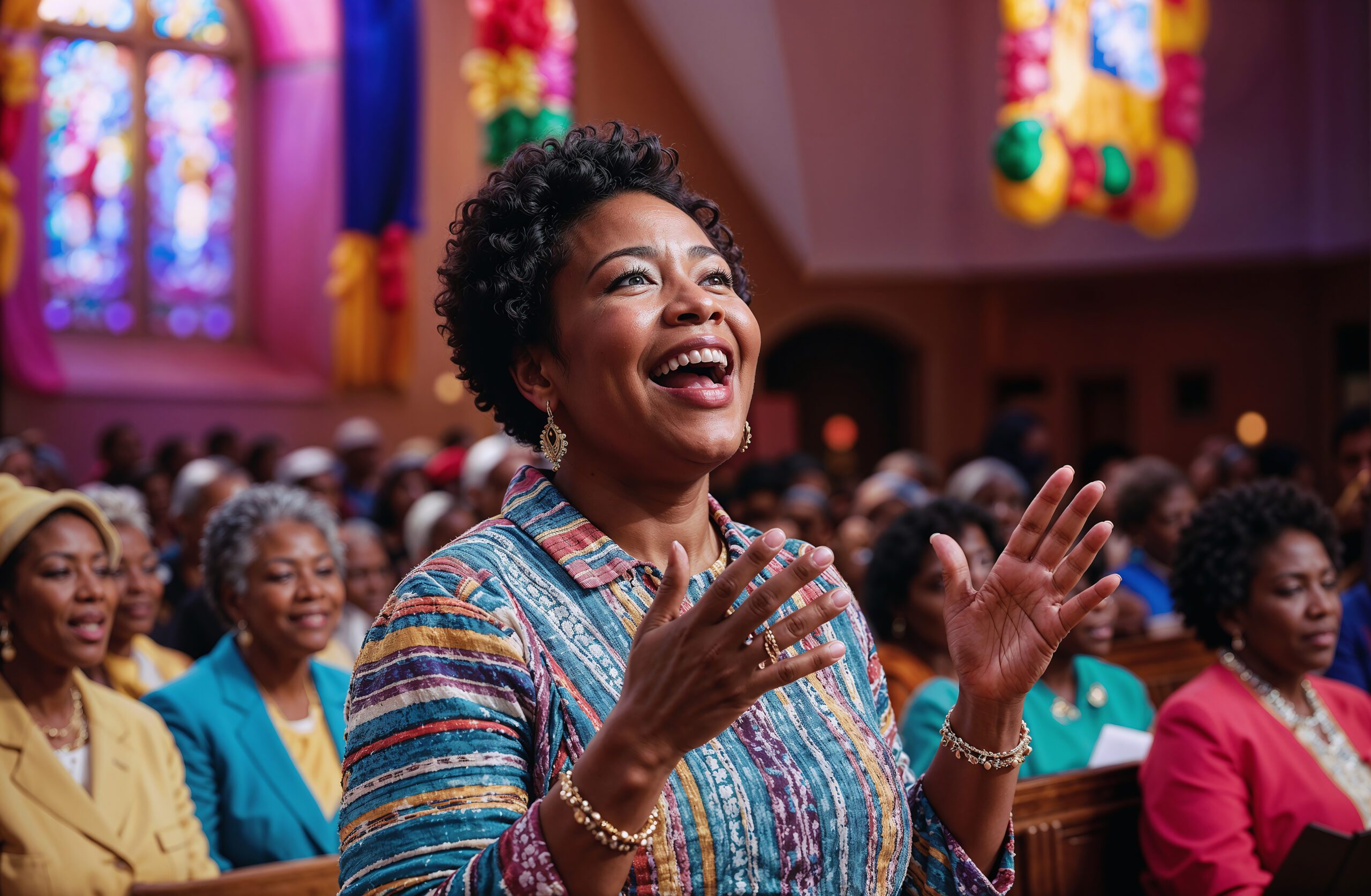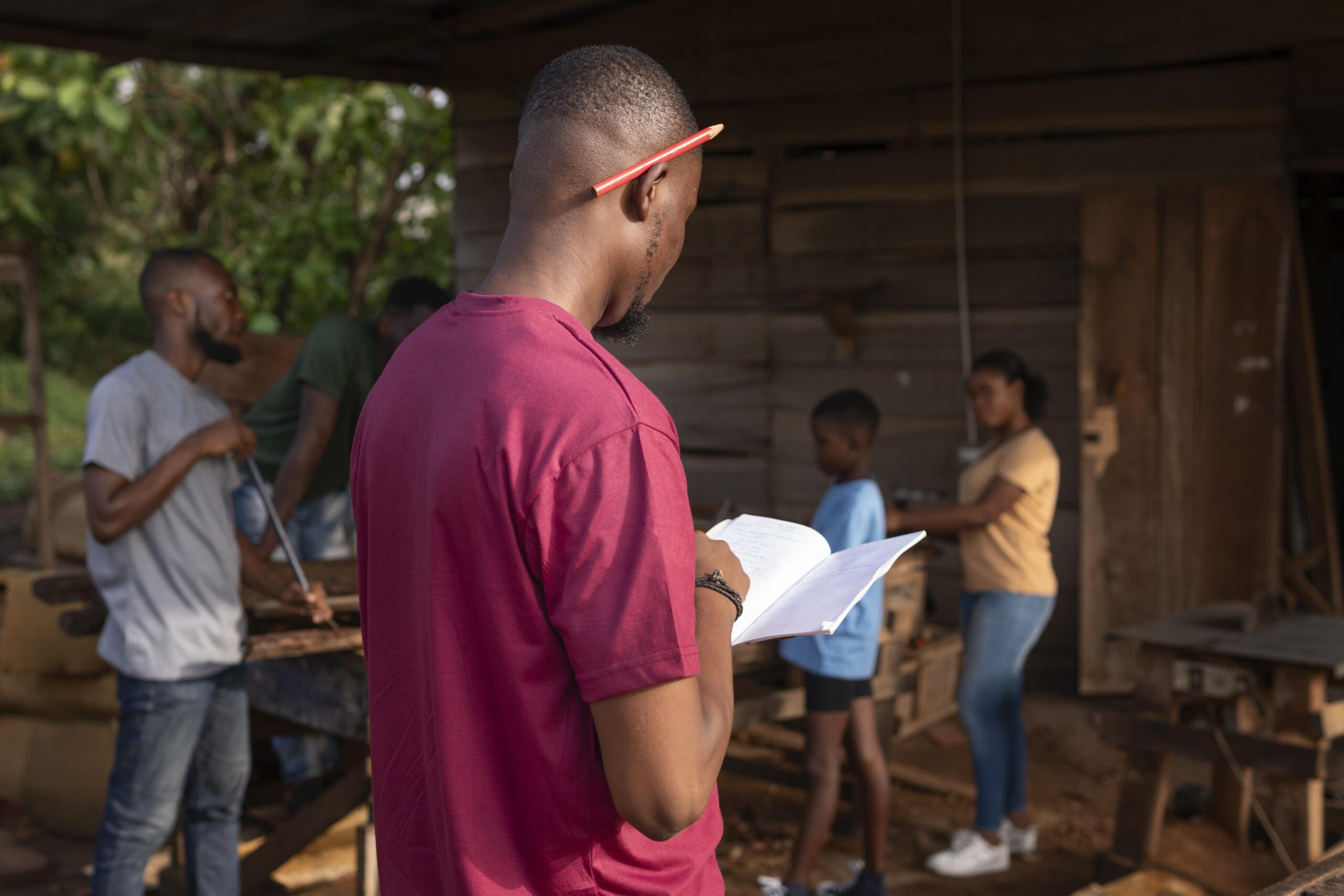Balancing Technology and Religious Freedom in Jamaica
At the Jamaica Union Conference Religious Summit on January 30, 2025, church leaders and government officials convened in Kingston to examine the complex relationship between technology and religious freedom. Prime Minister Andrew Holness emphasized Jamaica’s longstanding commitment to religious tolerance, attributing it to deliberate efforts to uphold constitutional rights and mutual respect. However, he acknowledged ongoing challenges, particularly in workplaces and educational institutions, where individuals may face obstacles in practicing their faith.
Dr. Nelu Burcea, Associate Director for Public Affairs and Religious Liberty at the General Conference, described technology as a “double-edged sword.” He noted that while technology enables the dissemination of religious beliefs, it can also be employed to suppress religious activities. In certain regions, governments utilize digital surveillance to monitor online religious content, restrict access to digital scriptures, and disrupt virtual gatherings.
The summit also addressed concerns about digital surveillance. Brendon Coleman, Assistant Communication Director of the Jamaica Union, highlighted that some governments use technology to monitor and suppress religious practices. Dr. Burcea added that unauthorized data collection and the misuse of biometric data, such as mandatory fingerprint scans and facial recognition for entry into places of worship, pose significant risks to religious communities.
Despite these challenges, technology has facilitated the creation of a “church without walls,” as noted by Pastor Glen Samuels, President of the West Jamaica Conference. The COVID-19 pandemic accelerated the adoption of digital platforms, enabling faith communities to reach global audiences beyond physical spaces. However, Pastor Samuels cautioned against potential threats, citing examples of spyware used to monitor and suppress religious minorities.
The summit concluded with a call to action for proactive engagement in protecting religious liberties. Dane Fletcher, Director of Youth and Campus Ministries at the Jamaica Union, emphasized the importance of advocacy, urging those who enjoy religious freedom to support oppressed communities. Stacey Mitchell, Chairperson of the Jamaica Council for Interfaith Fellowship, reinforced this sentiment, highlighting the necessity of collective efforts to safeguard global religious liberties.
In summary, the summit underscored the dual nature of technology in the context of religious freedom in Jamaica. While technological advancements offer unprecedented opportunities for the expression and spread of faith, they also present significant challenges that require vigilant and informed responses from both religious communities and policymakers.
For more details, refer to the original article on interamerica.org.
editor's pick
News via Inbox
Stay ahead in the fast-evolving world of church technology with our Newsletter! By subscribing, you will gain access to a wealth of information and resources designed to keep you informed and empowered.







